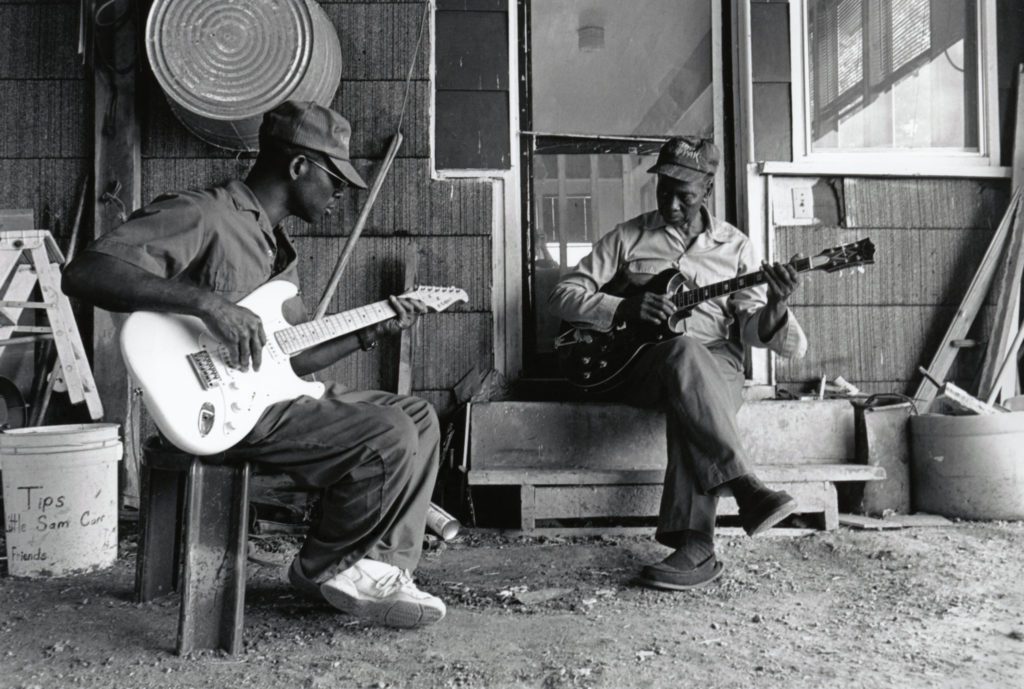Origin
The Blues originated in the Deep South of Mississippi Delta during the 1920s. The Blues became a staple for the black communities to express themselves through their lyrics. The emergence of Blues came during the Jim Crow period. Blues allowed for Black communities to challenge stereotypes placed upon them and lead the way in the Black struggle for freedom, justice, and equality throughout the 20th century.

Social Implications

Blues was first sung by Black women as way to express their struggles. Throughout history a lot of Black women are silenced. Blues wasn’t widely accepted when it first emerged. The blues didn’t spread out significantly from the South to the Midwest until the 1930s and ’40s. Once the Delta blues made their way up the Mississippi to urban areas, the music evolved into electrified Chicago blues, other regional blues styles, and various jazz-blues hybrids.
Primary Composers Primary Artists
Mamie Smith
Mamie Smith made music history in 1920 when she stepped into a studio to lay down Crazy Blues considered by industry scholars to be the very first blues recording. While Crazy Blues is cited as the first blues recording, it also represents the emergence of black female singers into popular music culture.
Bessie Smith
Bessie Smith influenced by Mamie Smith and emerged as a Blues artist. Bessie Smith was the highest-paid black performer of her day and reached a level of success greater than that of any African-American entertainer before her.
Ida Cox
Ida Cox may have been the complete classic blues artist of the 1920s. She spent some time with pianist Jelly Roll Morton before signing a recording contract with Paramount in 1923. Paramount billed her as the Uncrowned Queen of the Blues, though her singing style was as much influenced by vaudeville as by the blues.
Influence on other Genres
The Blues genre was heavily influenced by folk music and ragtime. White people became very intrigued by the genre and created Rock N’ Roll. Blues also influenced genres like Rhythm and Blues and Gospel.
Summary Overview
Blues became a staple genre for the ones that followed. It allowed for the emergence of Black artist and gave them better opportunities that they weren’t allowed before. Most believe that Blues is a sad genre, but I view it as the genre that finally let black people be heard.

